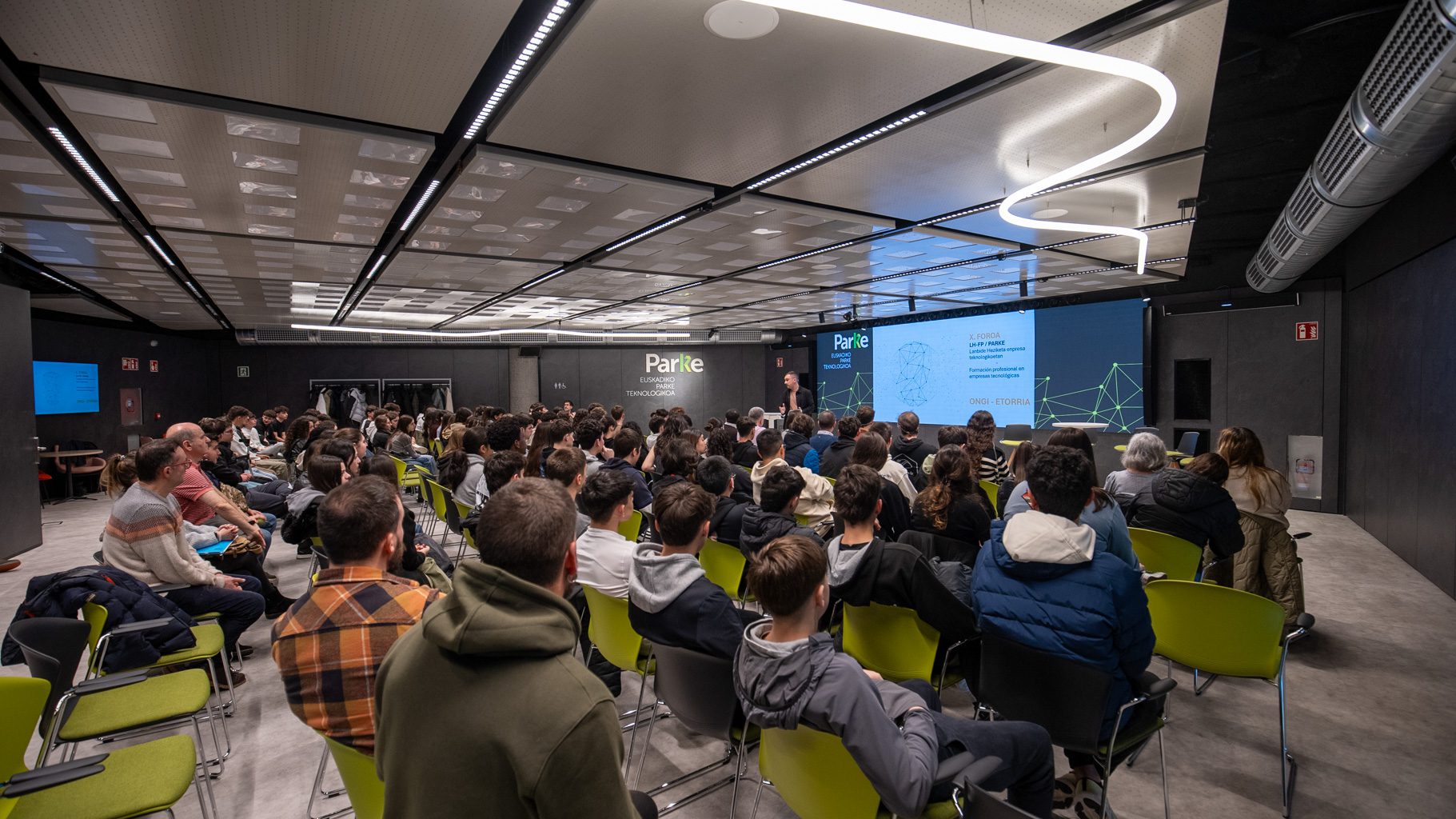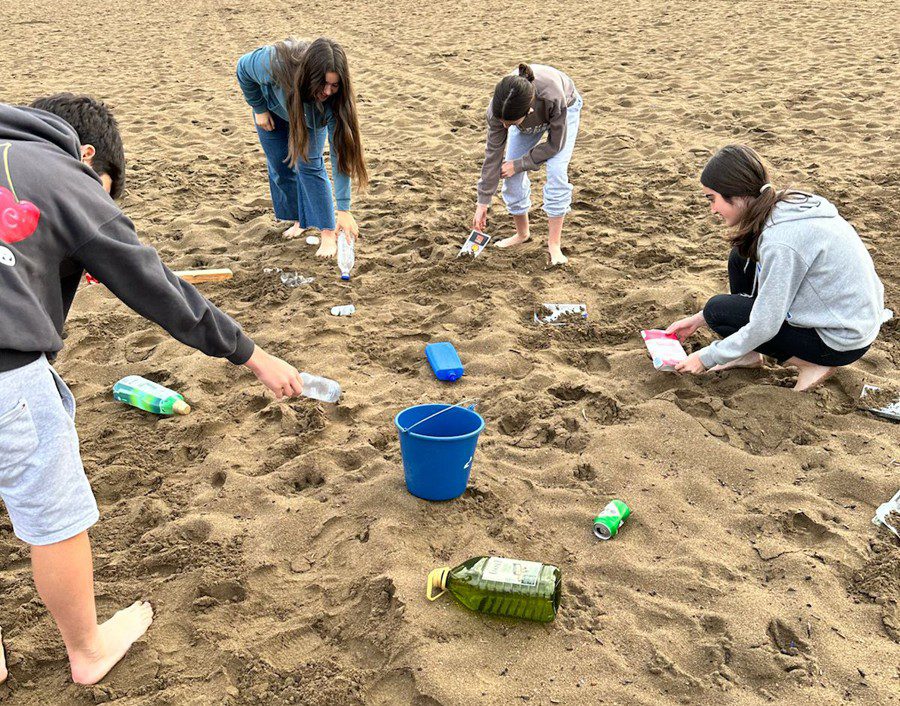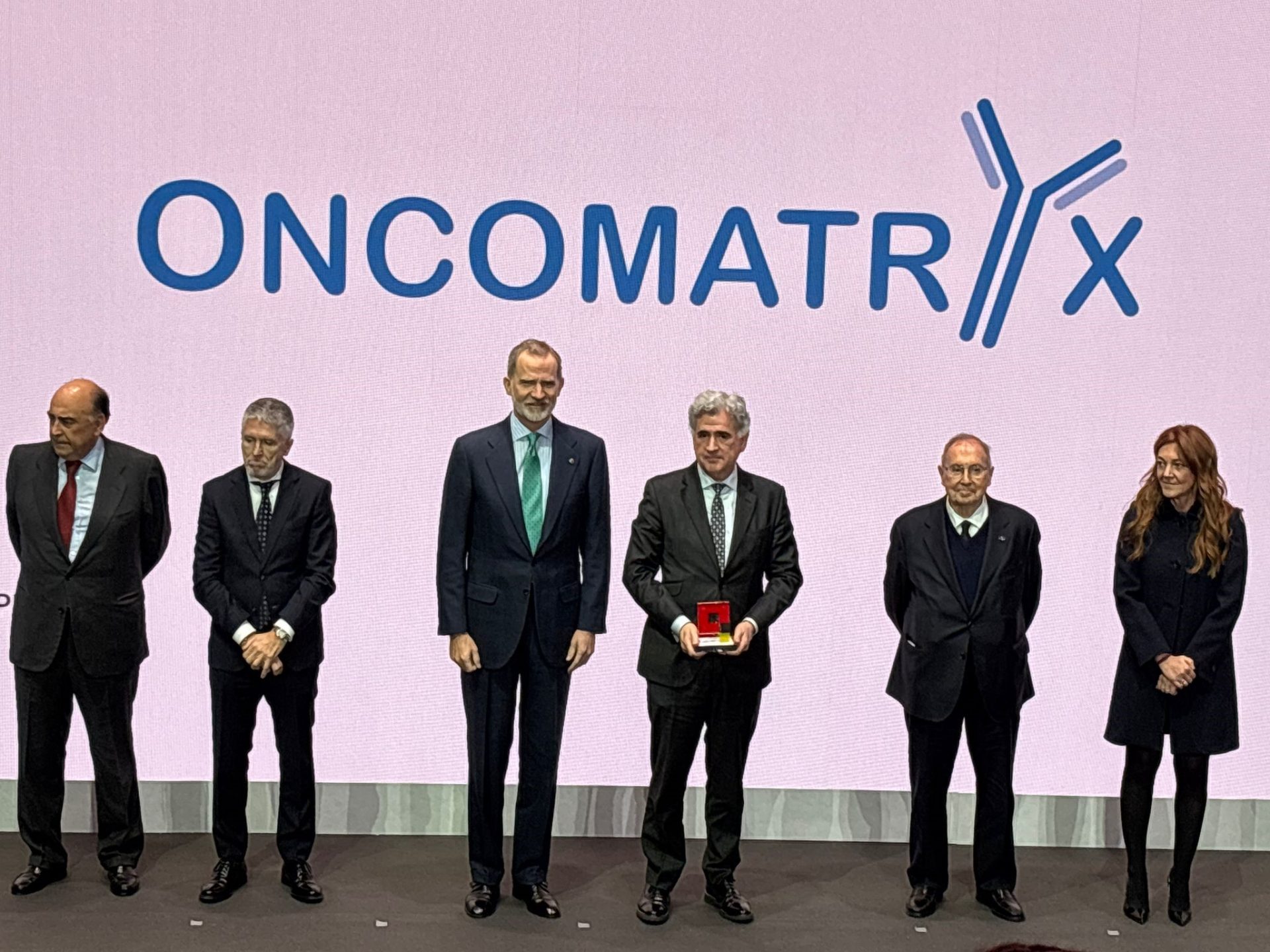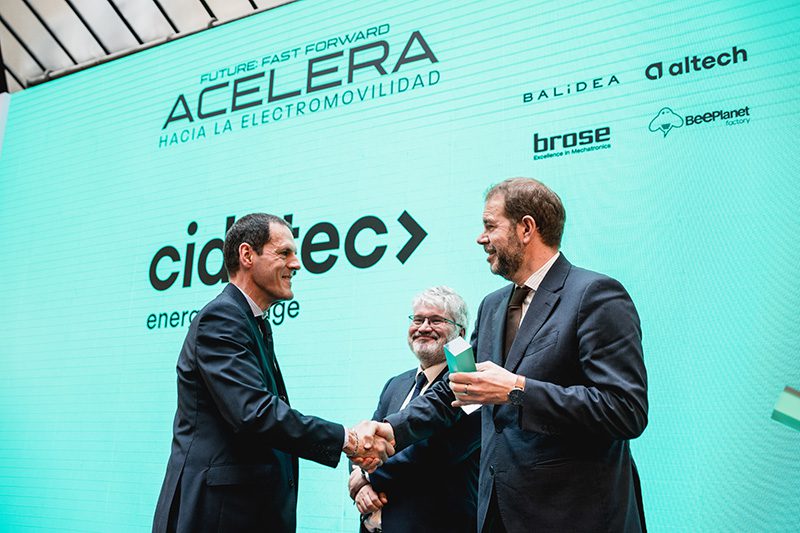BASQUE FOOD CLUSTER launches an innovative project to develop new culinary solutions with the help of Artificial Intelligence

The GastroMind project incorporates AI and Neuromarketing to discover the motivations that influence purchasing decisions and to find out which new products will be better received before being launched on the market.
Launched by BASQUE FOOD CLUSTER, and with the collaboration of BCC Innovation and Prosumerlab, it is financed by the Provincial Council of Gipuzkoa.
In the search for solutions to ensure that the traditional catering industry in Gipuzkoa remains competitive in an environment marked by changes in consumer habits and the difficulties faced by small businesses, BASQUE FOOD CLUSTER is launching an innovation project that will use Artificial Intelligence and neuromarketing techniques to maximise the success of the introduction of new dishes and gastronomic concepts in the catering sector.
This is the GastroMind project, which, using tools for the detection and identification of emotions and behaviour through facial recognition, will make it possible to find out the public’s interest in these new dishes, thus minimising the risk of failure that goes hand in hand with any launch. Launched by BASQUE FOOD CLUSTER, in collaboration with BCC Innovation and Prosumerlab, the project is financed by the Provincial Council of Gipuzkoa through the Sukalberri Programme for the promotion of the gastronomy sector.
GastroMind takes over from the GastroFood project, which sought to boost the competitiveness of the hotel and catering industry in Gipuzkoa through its collaboration with the food industry, with a view to increasing its efficiency and diversifying its offer. After studying the main consumer trends, eight gastronomic concepts were developed that food industry companies could provide to catering establishments: prepared cuts of meat, low-temperature cooked meats, marinated and marinated products, side dishes, freeze-dried fish and vegetable bases, ethnic fillings, dessert duos for sharing and other integral gastronomic solutions. This project was developed by BASQUE FOOD CLUSTER, the Association of Hotel and Catering Businesses of Gipuzkoa and BCC Innovation, with funding from the Provincial Council of Gipuzkoa.
Now, GastroMind plans to use generative Artificial Intelligence and neuromarketing to evaluate the interest of consumers in these concepts. The project will rely on the gastronomic team of BCC Innovation for the development of these concepts and their implementation in recipes adapted to traditional restaurant businesses and tapas bars that are so representative of our gastronomic culture.
Supported by Artificial Intelligence technologies, these preliminary ideas will be transformed into specific dishes and menus, with images, attractive and easily recognisable names, in line with the expectations and desires of the different target audiences, and menus and menus will be created that include them. These will serve as a tool to find out, through neuromarketing techniques, the reaction and interest of consumers towards each of the suggestions created.
The neuromarketing study, which will be led by Prosumerlab, will identify non-conscious reactions, such as brain activity or facial expressions, to obtain a deeper insight into the preferences and motivations of consumers. This will lead to identifying which concepts have the greatest potential to be prototyped and tested by the food industry. ‘The project will include a co-creation phase with companies in the food industry who will determine the potential of the concepts, assessing their industrial and technical feasibility,’ says Virginia Matesanz, innovation director of BASQUE FOOD CLUSTER and head of the project.
Impact on the activity of the companies
GastroMind is expected to have a significant impact on hospitality companies thanks to its alignment with market preferences and the reach of new audiences. For its part, the food industry has the capacity to optimise large-scale production processes, which can translate into cost reductions for hospitality businesses. Therefore, the project aims to lay the foundations for the hospitality industry to benefit from gastronomic solutions that save time in the kitchen and reduce operating costs, while maintaining a high level of quality and resulting in a diversification of its offer without the need to invest additional resources in training or specialised equipment.
The project represents a step forward in the ability of hospitality and food industry companies to co-create, not only by responding to the needs of establishments and market demands, but also by anticipating them at very early stages of development. This will reduce risk in the launch of new products and improve efficiency in the process of creating new gastronomic offerings.




